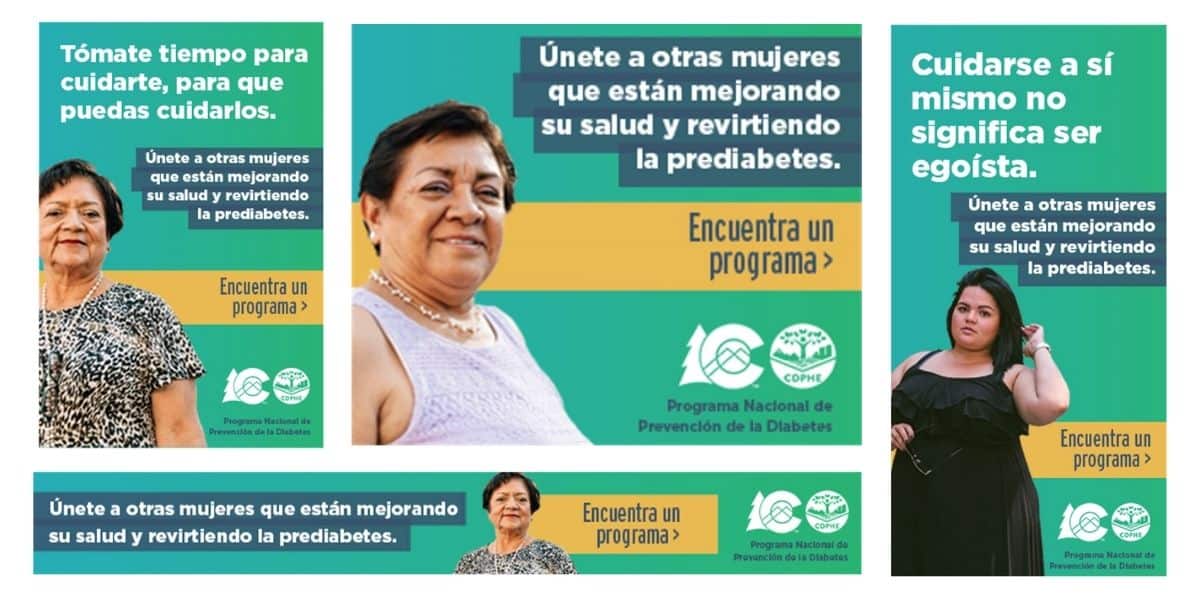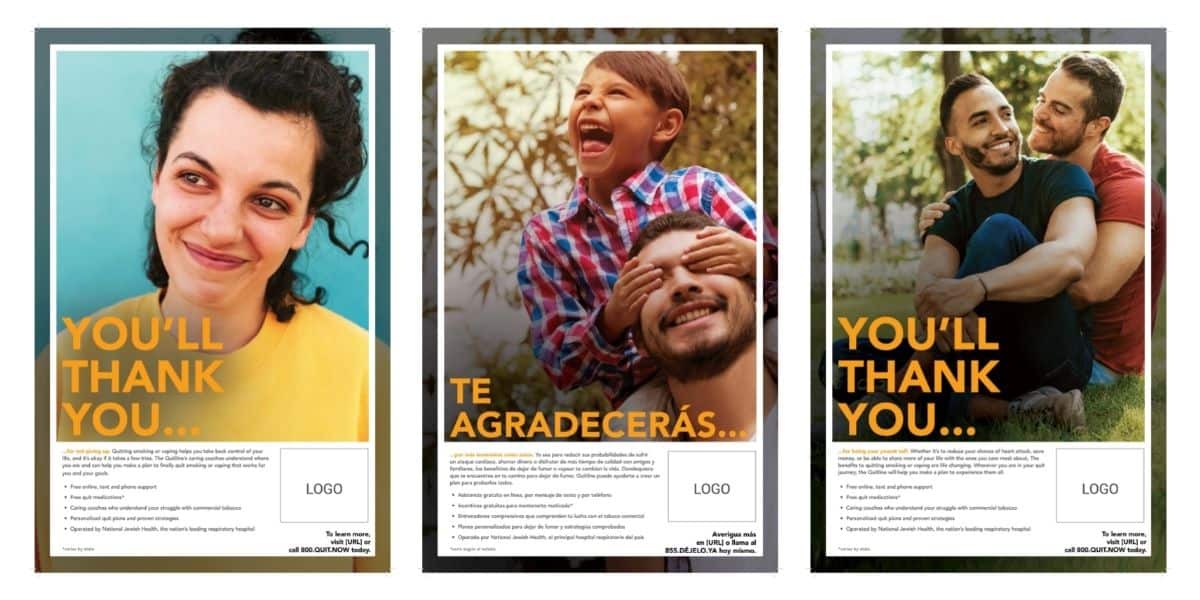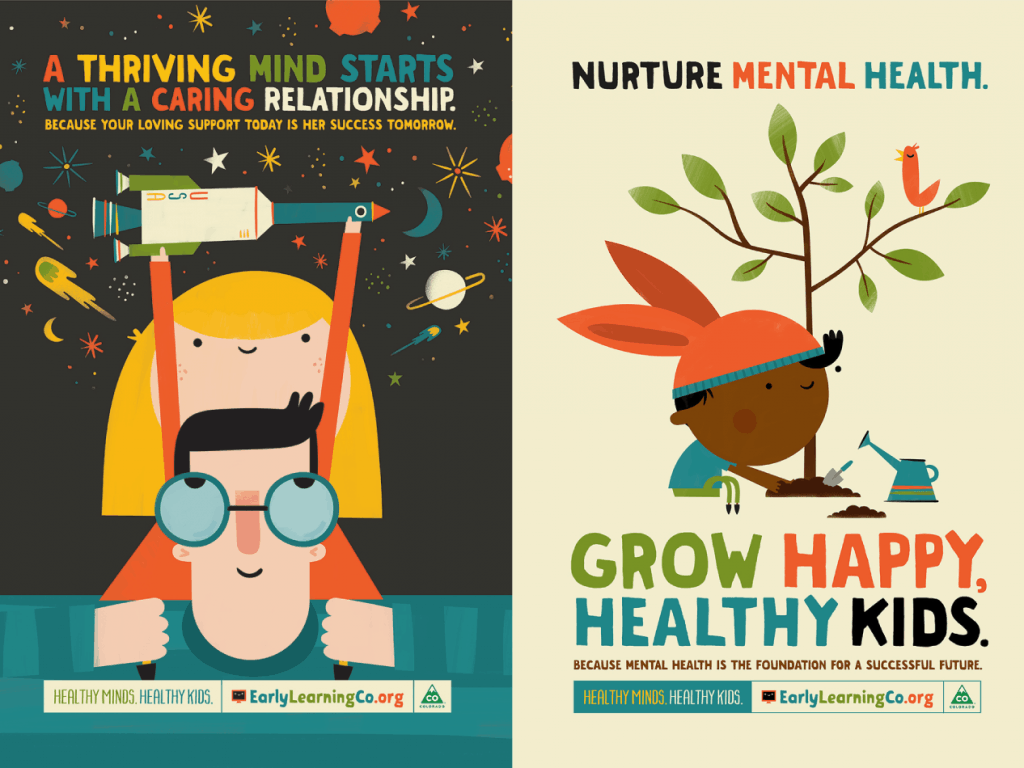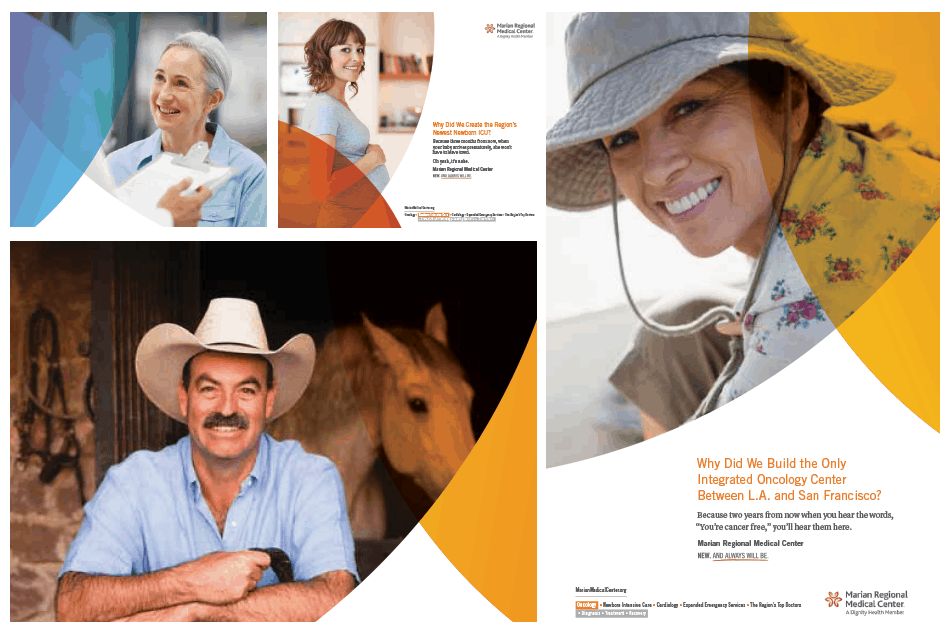Empathy and understanding are two of the most important qualities we can bring to marketing and life. When we take the time to connect with others on a deeper level, we can build stronger relationships, create more meaningful experiences, and ultimately achieve greater success.
Learning from the Colorado Farm Bureau
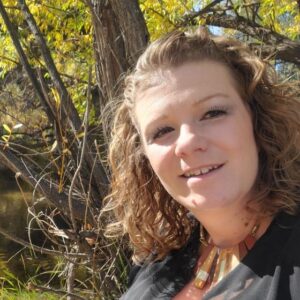
Becca Edlund, Director of Operations and Membership at Colorado Farm Bureau

Taylor (Lobato) Szilagyi, Executive Vice President (CEO)
Rural Americans face stereotypes, prejudices, unique dynamics, and challenges like any community or group. SE2 has worked in these communities, spreading the word on mental health, ending stigma against addiction, and more. But to deepen our understanding, we brought in two experts from the Colorado Farm Bureau, Becca Edlund and Taylor (Lobato) Szilagyi.
Taylor, a former SE2 employee who grew up on a ranch in Center in the San Luis Valley, now holds the top staff position at the Colorado Farm Bureau.
Becca presented on the Colorado Agricultural Addiction and Mental Health Program.
As the largest agriculture association in Colorado, the Farm Bureau advocates for policy, offers leadership development, and supports farmers and ranchers living in the state.
I grew up on a cattle ranch, and I learned from the presentation that the vast majority of farms and ranches in Colorado are family-owned, like my family’s is.
Understanding Rural Coloradans
Farmers and ranchers face unique dynamics.
- They are family-oriented and community-motivated.
- Children face the stress of carrying on their parent’s legacies. They are often under scrutiny by their community, resulting in a fishbowl effect. Everyone knows everyone, and expectations are high.
- Money is often a hot topic.
- The average earnings for a family farm is $36,000 a year, which puts them below the national poverty line.
- In addition, they are at the mercy of volatile commodity prices (the prices at which raw materials or basic foodstuffs are bought and sold, such as the cost of cattle or fruit).
- They may have massive debt from purchasing equipment or even have to leverage their land and property to get operating loans. The legacy of debt falls not only on the adults but also on their children.
- Success is highly uncertain when your only paycheck comes once a year.
- Livelihoods depend on weather, water, health, and even public policy.
- Flooding, droughts, and diseases can kill crops and livestock.
- Who is in public office can change a farmer’s life.
- Unfortunately, insurance options are minimal, so if you lose your stock or something takes a turn for the worse, you’re often out the money.
- Creating prize-winning and profitable genetics (meaning a prize bull for breeding or a specific strain of corn) can take generations, and a single instance could destroy it.
- Work is hard and seasonal. Many workers travel with the season.
Bringing Much-Needed Resources
The suicide rate amongst farmers and ranchers is three and a half times higher than in the general population.
Rural and agricultural settings can be isolating and lonely, so when COVID-19 began in 2020, the program Becca described was created.
The Colorado Farm Bureau asked farmers what they needed and how to meet that need regarding mental health and addiction. The program offers farmers and ranchers six free mental health counseling sessions with a rural competent counselor who has completed a three-hour specific training.
Another critical resource for farmers has been online Alcoholics Anonymous, giving easy access that’s confidential and avoids the stigma of in-person sessions. Programs like these help address accessibility while continuing to spread awareness and fight stigma.
Applying Empathy Always
My biggest takeaway from the training wasn’t about rural people in particular; it was the emphasis on simply doing your best to understand others always.
“Always consider people’s challenges and boundaries in life. Stare at people and pick beneath the surface to understand them, ask questions, and see what their barriers to entry are,” Becca said.
Empathy is essential in marketing. By putting ourselves in our audiences’ shoes, we can better understand what motivates them, their challenges, and the solutions they seek. This allows us to create more effective marketing campaigns that resonate with our audiences.
But empathy is essential not just in marketing but also in life. When we take the time to listen to others and understand their perspectives truly, we can build stronger relationships, resolve conflicts more effectively, and create a more harmonious world.
One way to cultivate empathy is by sharing personal stories and experiences. Whether we are farmers or marketers, we all face unique challenges and struggles. We can create a more profound sense of connection and understanding by sharing these stories with others.
Let’s take the time to listen to others, share our stories, and show empathy and understanding in all we do, no matter who we’re talking to or about.

About the Author:
RJ Johnson (they/them) creates fun, engaging, and strategic content. They enjoy creative strategy, experimenting with content ideas, and storytelling. With over five years of experience in marketing, communications, and content management, they have touched just about every aspect of the field. A lifelong learner, RJ has an M.B.A. from the University of Colorado, Denver, and a B.F.A. in Creative Writing from Stephens College. RJ comes to SE2 from the health insurance sector and is passionate about aiding in the fight for equal opportunities and advocacy. They approach everything from a lens of intersectionality and community.


